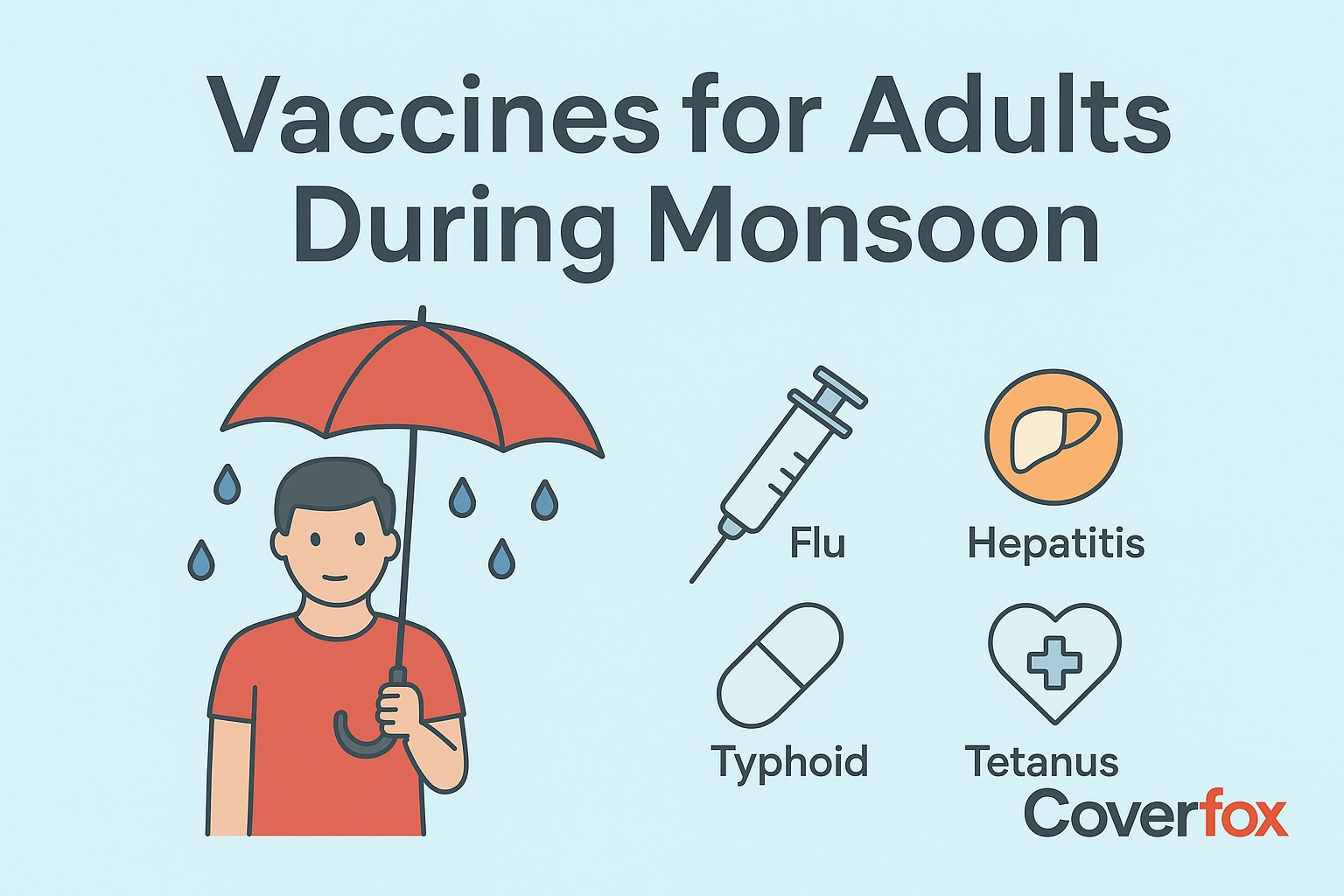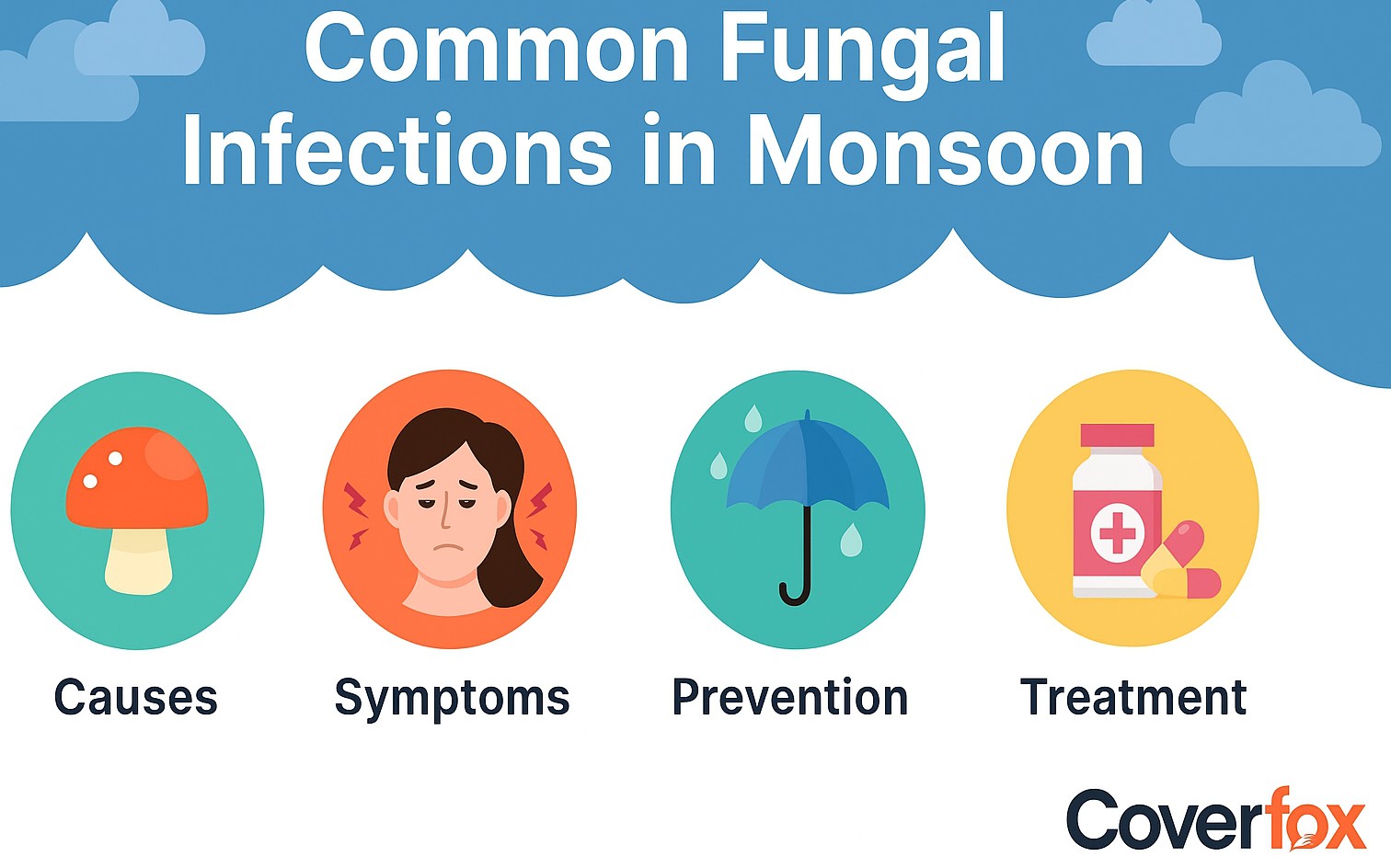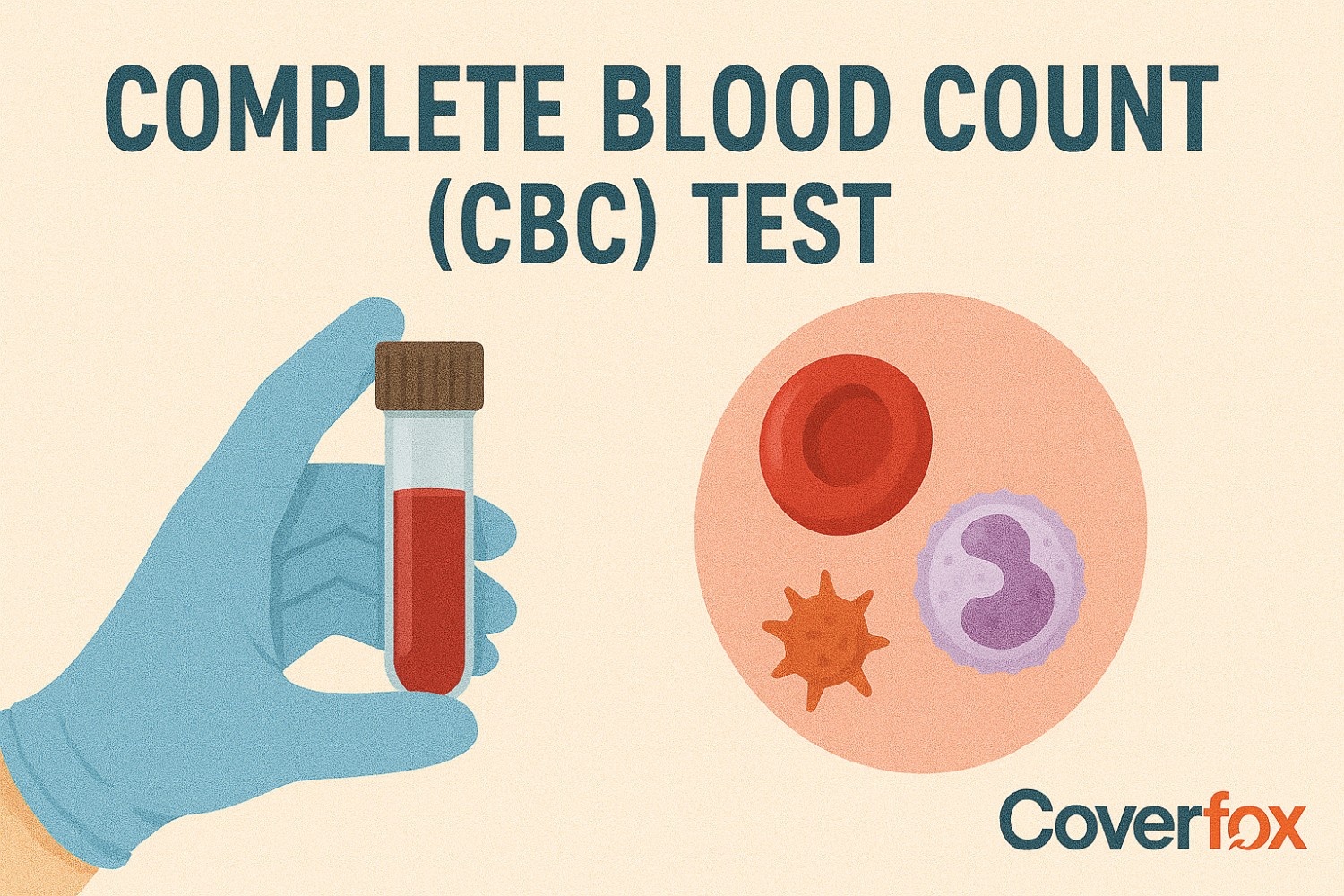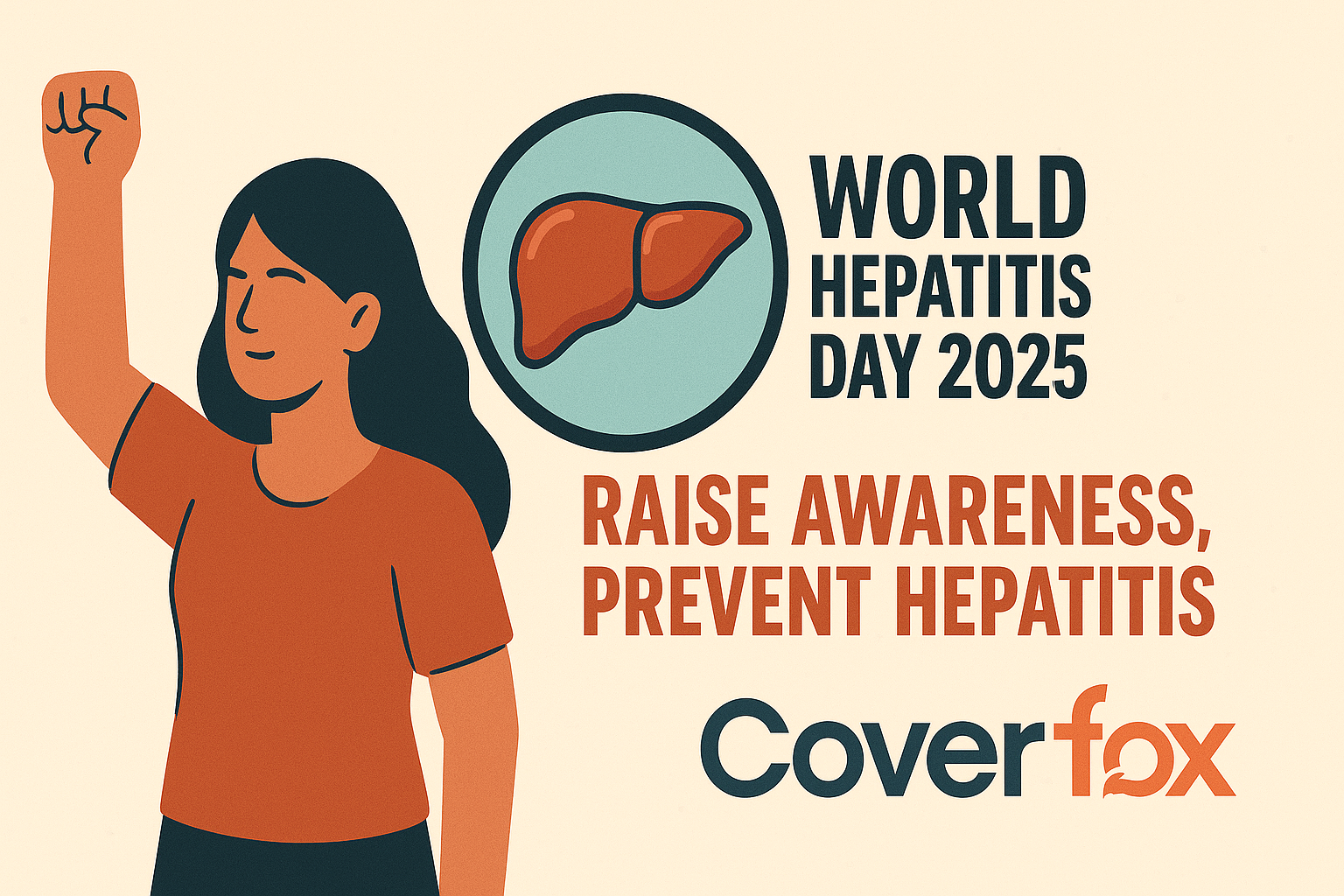In a monumental move, the Insurance Regulatory and Development Authority of India (IRDAI) has abolished age barriers for purchasing health insurance policies. This policy is likely to revolutionise the insurance sector, enabling millions of senior citizens to access potentially life-saving coverage.

Impact on Elderly Citizens
Prior to IRDAI's decision, many insurance companies capped their insurance coverage at 65 years of age or would cease coverage altogether at the policyholder’s 70th birthday. With these restrictions, many elderly citizens faced dire financial straits when dealing with medical emergencies. However, with the removal of the age cap, elderly citizens now have the opportunity to access comprehensive, affordable insurance coverage tailored to their healthcare needs.
This decision was announced by IRDAI which stated that the move to eliminate the age barrier was a long-overdue reform in the insurance sector. The change was undoubtedly lauded by many, who see it as an important step towards ensuring universal healthcare coverage for all Indian citizens.
According to the new policy, insurance firms cannot charge an individual more than three times the standard premium rate based on age alone. Companies will now distinguish rates based on only two factors - the sum insured and the location of coverage - allowing individuals to obtain policies tailored to their specific healthcare needs. This move emphasises a critical shift towards advancing universal health coverage, as elderly citizens with pre-existing conditions will no longer have to worry about being denied or charged exorbitant premiums.
One significant change pertains to the option of premium payment in instalments. As per the notification, insurers are now allowed to offer policyholders the convenience of paying their premiums in instalments, thereby reducing the financial burden on individuals. This change aims to make health insurance more accessible and affordable for a wider range of policyholders.
Travel Insurance Regulations
Furthermore, travel policies can only be offered by general and health insurers. This means that individuals seeking travel insurance coverage will now have to approach these specific insurers. This decision aims to streamline and regulate the travel insurance sector, ensuring that policyholders receive appropriate coverage and benefits while travelling.
Coverage for AYUSH Treatments
AYUSH refers to alternative systems of medicine such as Ayurveda, Yoga, Naturopathy, Unani, Siddha, and Homeopathy. It states that there will be no limit on the coverage for AYUSH treatments. Policyholders will now be entitled to receive coverage for such treatments up to the sum insured, without any caps or restrictions. This move recognises the growing popularity and acceptance of AYUSH treatments and seeks to provide policyholders with comprehensive coverage options for their preferred treatment methods.
Additionally, it allows policyholders to file multiple claims with various insurers. This means that individuals can now utilise their policies more effectively by filing claims for different benefits with different insurers. This provision aims to empower policyholders with more choices, enabling them to maximise their insurance coverage and benefits.
With these reforms, IRDAI endeavours to ensure that individuals have options that cater to their specific needs, ensuring a more inclusive and comprehensive health insurance landscape in the country. By addressing various aspects of health insurance, the regulatory authority is working towards making insurance more consumer-friendly, providing individuals with the necessary protection and peace of mind during uncertain times.
This policy change is especially important given the ageing demographics of India's population. In 2021, the UN estimated that 12.5% of the Indian population was over the age of 60. By 2050, this number is projected to increase to 20%. With the rapidly ageing population, the insurance sector must adapt to meet the demands of its citizens. The changes from IRDAI ensure that elderly citizens receive adequate insurance coverage despite any potential pre-existing conditions.
Many industry experts believe that IRDAI's decision will have a ripple effect across the healthcare sector. health insurance companies will now have to compete more heavily on coverage plans, benefits, and premiums, ultimately leading to a better standard of care for all citizens. These changes to the insurance sector are expected to drive competition among insurers, resulting in more affordable coverage options.
Impact on the Healthcare Sector
The impact of this decision is undeniable, as it represents a giant leap forward for the Indian healthcare sector. The reforms are expected to have a significant impact on healthcare outcomes for the elderly in India, reducing the financial burden on those seeking medical care and reducing barriers that previously limited their access to insurance products.
The decision by the IRDAI to eliminate the age barrier for purchasing health insurance is a game-changer for India's insurance landscape. It addresses a long-standing issue that has disproportionately affected senior citizens, who often face challenges in obtaining adequate coverage due to age-related restrictions.
Advancing Universal Healthcare Coverage
By removing the age cap, the IRDAI has opened up access to insurance products for a significant portion of the population. This move not only benefits senior citizens but also has broader implications for the healthcare system as a whole. It reflects a commitment to inclusivity and equity in healthcare, ensuring that all individuals, regardless of age, have the opportunity to protect themselves financially against medical expenses.
The decision also marks a significant shift in the way insurance companies operate. With age no longer a determining factor in premium pricing, insurers will need to reassess their underwriting practices and develop new strategies to remain competitive in the market. This could lead to innovations in product design and pricing, ultimately benefiting consumers by providing them with more choices and better value for their money.
Furthermore, the removal of age barriers could have positive implications for public health. By incentivising more people, including senior citizens, to purchase health insurance, the IRDAI is promoting preventive care and early intervention, which can help reduce the burden on the healthcare system in the long run.
Conclusion
Overall, the IRDAI's decision to remove age barriers for purchasing health insurance is a positive development that has the potential to improve access to healthcare and financial protection for millions of Indians. It underscores the importance of regulatory reform in addressing systemic issues within the insurance industry and advancing the goal of universal healthcare coverage.





